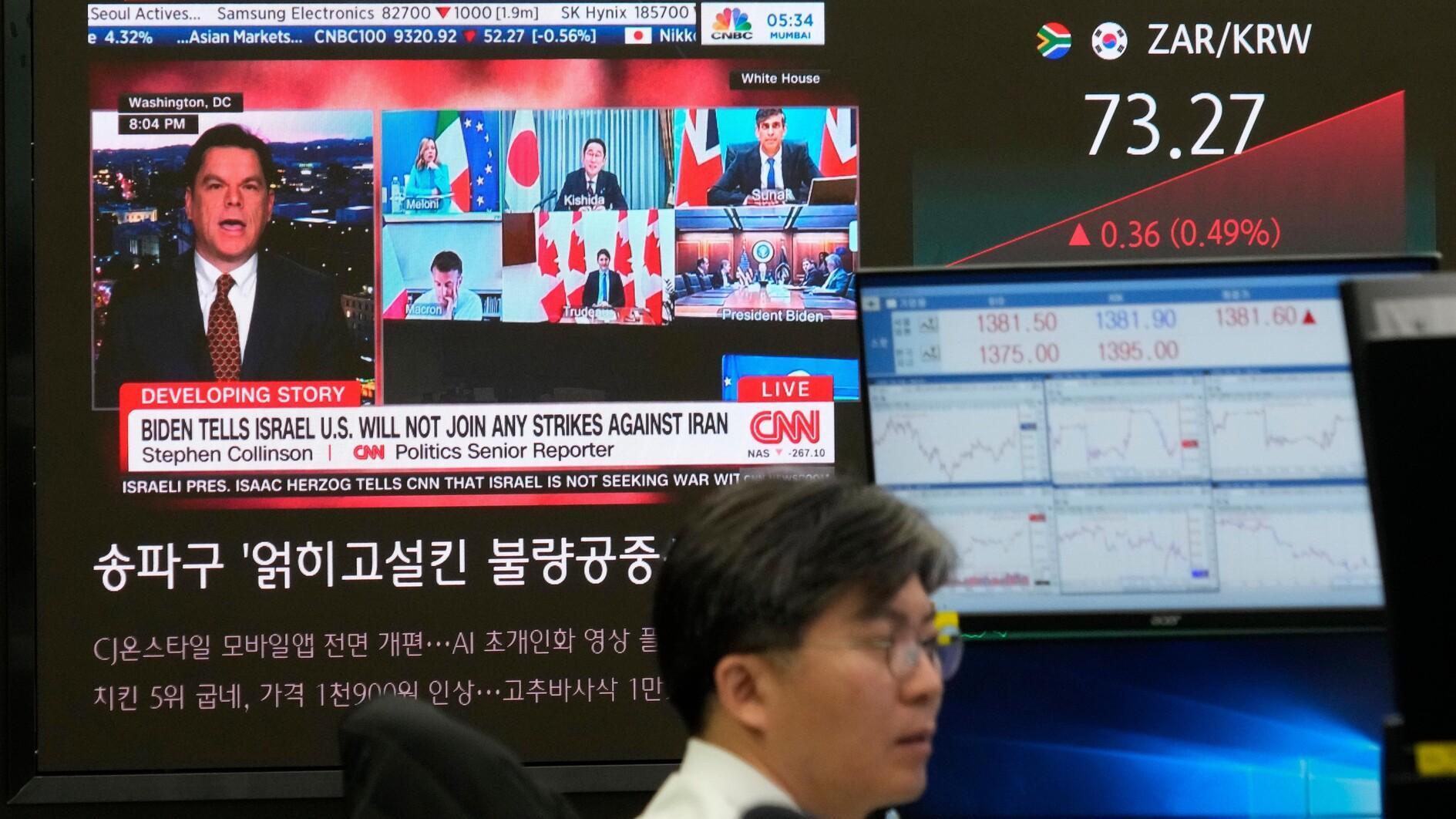What is the logic behind Turkey’s S-400 deal with Russia?
It seems that Turkey’s deal with Russia for the S-400 Triumf long-range anti-aircraft missile system is going ahead. Dmitri Shugayev, the head of the Russian Technologies State Corporation, was quoted by Hürriyet on Aug. 28 as saying that the system is ready for delivery, barring a few technical details that are being ironed out.
This is good news for Ankara, which has set great store by this system. But the U.S. and Turkey’s other principal allies in NATO are not happy. They say Turkey is a NATO member and this system is not compatible with the alliance’s defense infrastructure.
In truth, they don’t like Ankara cozying up to Moscow because of the ongoing East-West rivalry. They are also worried that this could be the prelude to increased cooperation between Turkey and Russia on strategic weaponry.
That, at least, is the impression that Ankara wants to give. The other side of the coin is that Turkey is angry with NATO. This is mostly because principal NATO allies are cooperating with the Kurdish Peoples’ Protection Units (YPG) in Syria, which Ankara says is a terrorist organization, and are also reluctant to extradite members of what prosecutors call the Fethullahist Terrorist Organization (FETÖ), accused of masterminding last year’s failed coup attempt.
Many Turkish officials doubt NATO’s commitment to Turkey’s security, and believe that veering towards Russia is a necessary step to counterbalance this. Russia is more than happy, of course. To pull Turkey away from the West towards itself is one of Moscow’s long-standing dreams.
Turkey, like any other country, has the right to consider its own security needs first. It is clear that it also has a need for air defense systems, otherwise it would not have called on NATO to provide these in the two Gulf Wars and after the Syrian civil war broke out.
The question here, however, is a simple one. Is Turkey’s S-400 deal with Russia a political or a military deal? If it is a military deal, its merits have yet to be explained. Even a security expert from the government-sponsored Political, Economic, and Social Research Foundation (SETA) has questioned this.
Speaking to Al Jazeera in June, Merve Seren pointed out that Turkey mostly faces short-range threats and intimated that the deployment of long range S-400’s – which she also said have not been tested yet - could end up being useless.
If that turns out to be the case, the S-400 deal will be an expensive and risky way of hitting back at NATO. Officials in Ankara say the real value of the deal is the technology transfer that it will provide, and Russia has ostensibly agreed to this. But Turkish-Russian friendship is certainly not writ in stone.
The two countries have different - and in many cases diametrically opposed - positions on regional issues, from Ukraine and the Crimea to the Middle East. Just how much modern technology Moscow will ultimately be willing to transfer to Turkey remains an open question.
Turkey may be angry with the West over the YPG issue, but Russia has openly declared that it does not consider the group - or Ankara’s arch-enemy the Kurdistan Workers’ Party (PKK) - to be terrorist organizations. Moscow was also the first to float the idea of autonomy for Syrian Kurds, a suggestion that is abhorrent for Ankara.
Ankara’s anger with the West clearly forces it to remain silent on all of this, even as it hits at the West for similar reasons. That is why the S-400 affair sounds more like an ill-considered way of trying to get even with the West, which could result in Ankara painting itself into yet another corner.
There is an old Ottoman saying that cautions against “losing the bulgur [cracked wheat] stored at home while chasing after the rice in Damietta [an Egyptian port city].”
The hope is that this will not be true for the S-400 deal.











